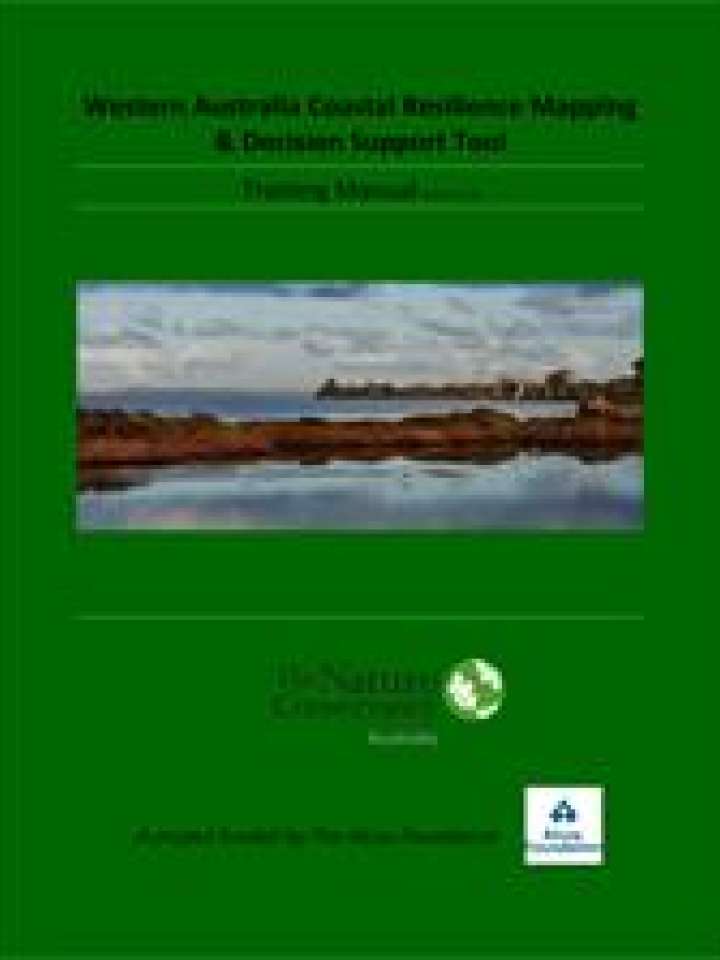Western Australia coastal resilience mapping & decision support tool
Disasters kill people, destroy infrastructure, damage ecosystems and undermine development, and could increase in frequency due to climate change. There is a need for increased awareness on the latest advances in disaster risk reduction (DRR) and climate change adaptation (CCA). A significant advancement is a better understanding of ecosystem-based approaches for reducing disaster risks and adapting to climate change. This book explains the importance of ecosystems and their management for DRR and CCA and provides guidance to plan and implement ecosystem-based disaster risk reduction and climate change adaptation (Eco-DRR/EbA). The international policy field acknowledges the need to improve resilience through improving, maintaining and managing ecosystem function with a number of mentions and mandates in several important agreements, such as the Sendai Framework for Disaster Risk Reduction 2015-2030 (SFDRR), the United Nations Framework Convention on Climate Change (UNFCCC), and the Convention on Biological Diversity (CBD).
The Western Australia Coastal Resilience online mapping and decision support tool for visualizing and assessing regional coastal hazards risk and exploring potential habitat restoration projects can be found here. The draft tool hasbeen developed as part of the “Revitalising the Peel Harvey Estuary” project initiated in late 2017 by The Nature Conservancy with support from The Alcoa Foundation and local project partners. The project was developed to address the growing threats of urban development, fisheries decline and climate change on the long-term health and resilience of the Peel-Harvey Estuary.
The first two years of the project (2018-2019) will identify opportunities for ecosystem restoration and protection through restoration feasibility and risk assessments, Conservation Action Planning and development of interactive, online decision-support tools known as Coastal Resilience. These activities will help identify, prioritise and plan for future, restorative in-water activities proposed to commence in 2020.
Coastal Resilience is a decision support tool that incorporates the best available science and local data to enable communities to visualize the risks imposed by sea-level rise and storm surge on the people, economy, and coastal habitats of the Peel-Harvey region and identify nature-based solutions for enhancing resilience and reducing risks where possible.
Explore further
